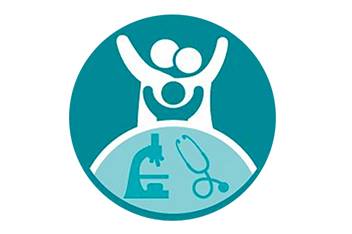PBTC-059: Phase 1 Trial of HER2-specific CAR T Cells for Children with Hard-to-Treat or Returning Ependymoma
Phase: Recruiting
First Posted: October
Condition(s): Ependymoma
Other Study ID Number(s): NCT04903080
What Is the Purpose of This Study?
To evaluate the safety profile of a type of immune therapy called HER2 CAR T cells (short for HER2 chimeric antigen receptor T cells). In addition to looking for side effects, we will study how well this treatment works against a brain tumor called ependymoma that has come back after treatment (recurrent) or has not responded well to treatment (progressive) in children.
Who Can Take Part in This Study?
- Patient must have adequate pre-trial tumor material available to determine HER2 status. Tumor tissue from the most recent resection or biopsy of recurrent disease in preferred. If unavailable, tumor tissue from prior recurrences or from the time of initial diagnosis is acceptable.
- Patient must have a diagnosis of ependymoma that is recurrent or progressive. All tumors must have histologic verification either at the time of diagnosis or recurrence.
- 1 Year to 22 Years (Child, Adult)
For a full list of eligibility requirements, visit https://clinicaltrials.gov/study/NCT04903080
What Will Happen During This Study?
- The treatment for the Phase 1 study will be given in two parts called (1) Lymphodepletion and (2) HER2 CAR T cell Infusion. Lymphodepletion consists of treatment with two chemotherapy (anti-cancer) drugs called cyclophosphamide and fludarabine, although in this study they are not being used to treat cancer. In this study, lymphodepletion is being used to temporarily clear away some of the other immune cells in the patients’ blood to make room for the CART cells to multiply after we give them. This treatment will be given up to three times.
- The treatment on this study takes up to one year. After receiving treatment, the patient will need to see their study doctor or their primary doctor at the following times:
- Every 1 to 2 weeks for the first 6 weeks
- Every 3 months until 1 year
- Every 6 months until four years, and finally
- Once a year until 15 years after your treatment.



